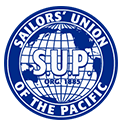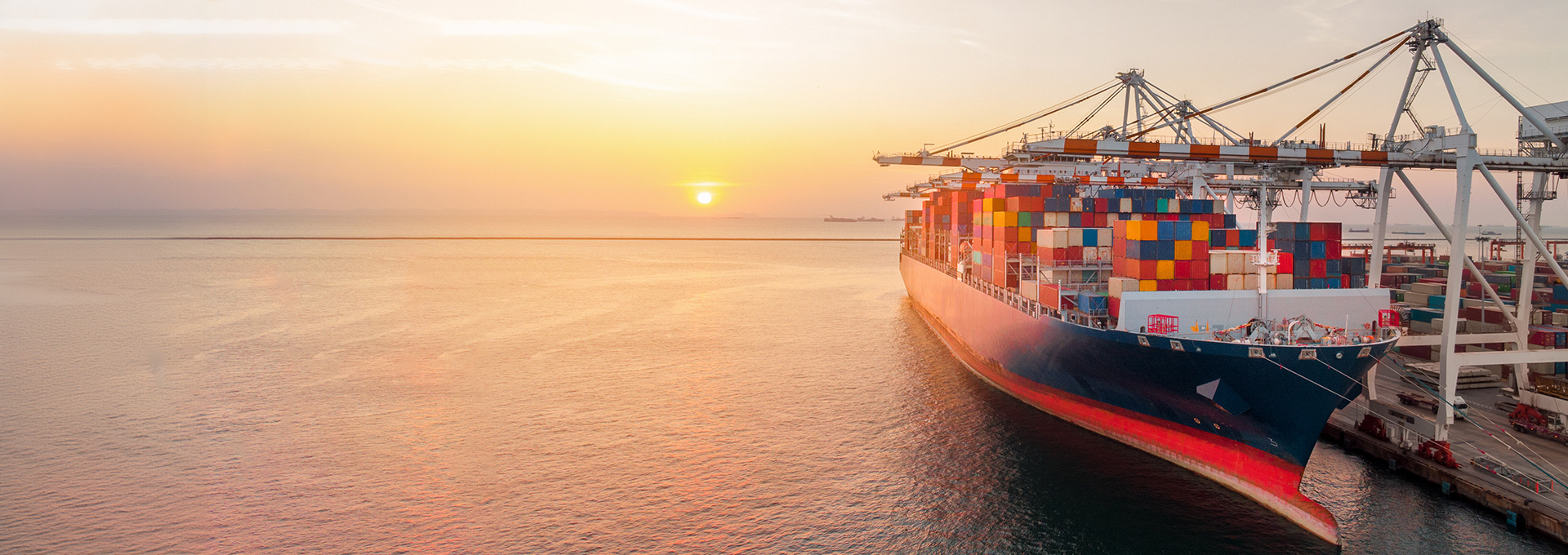United States Federal Mediation and Conciliation Service (FMCS) Director George Cohen issued a statement on February 1, announcing that the International Longshoremen?s Association (ILA) and the employer group, the United States Maritime Alliance (USMX) have reached a tentative agreement on a new, six year labor agreement.
SUP-contracted Matson Navigation Company has expanded its operations to the South Pacific by acquiring four vessels and 1,500 containers from a New Zealand-based shipping company.
The Saving Essential American Sailors (SEAS) Act (H.R. 6170) introduced to restore the 25% that was cut as essential for the survival and viability of the U.S. Merchant Marine.
During times of war or national emergency, the U.S. government relies on the U.S. Merchant Marine.
The American labor movement is solidly behind the re-election of President Barack Obama and the membership of the Sailors? Union, active and retired, should be too.
Now that the Republican and Democratic Party conventions are over, it is important to compare party platforms on issues of concern to workers.
In the wake of the major set back suffered by the U.S. maritime industry when Congress passed a bill in June that included a provision that slashed the statutory U.S.-flag share of international food aid cargo from 75% to 50%, Congressman Elijah Cummings (D-Maryland) and Congressman Jeff Landry (R-Louisiana) introduced legislation on July 24, to repeal the onerous provision and restore U.S.-flag food aid cargo preference to 75% of cargoes carried.
Republican stealth attack slashes American cargo preference requirement for international food aid
The Transportation Security Administration (TSA) announced a major policy change regarding the Transportation Worker Identification Credential (TWIC).
The largest fine ever imposed for a Jones Act violation was upheld by U.S. Customs and Border Protection (CBP) against Escopeta Oil


